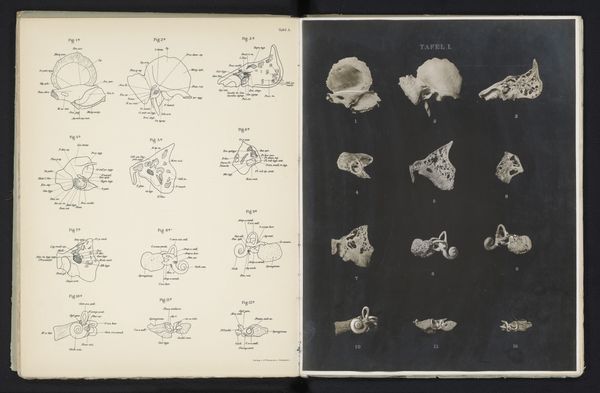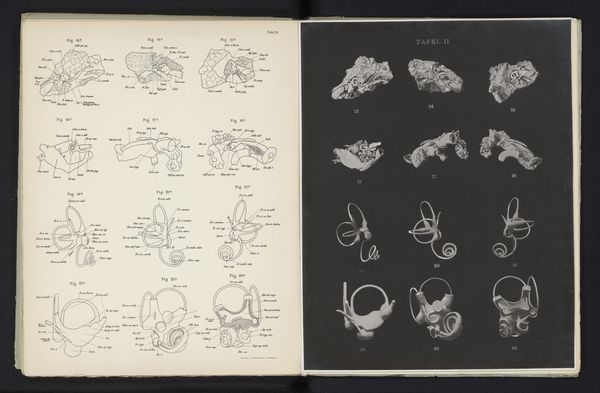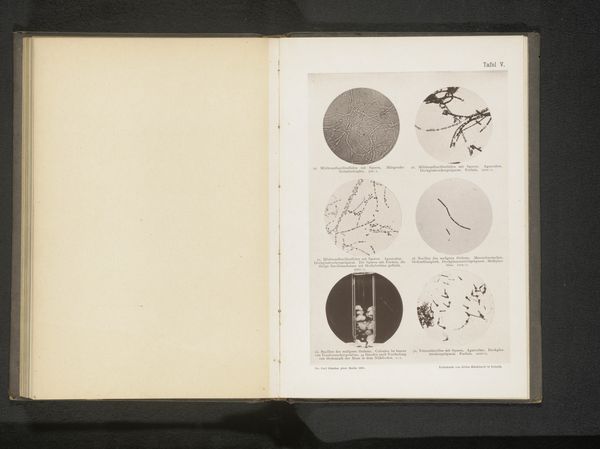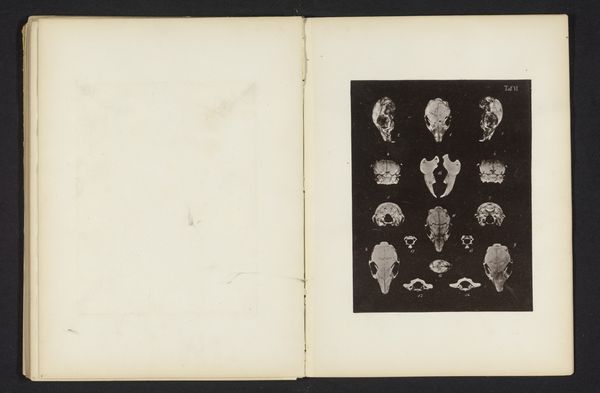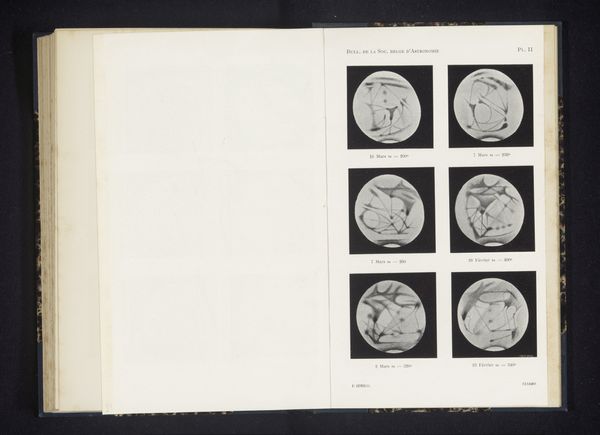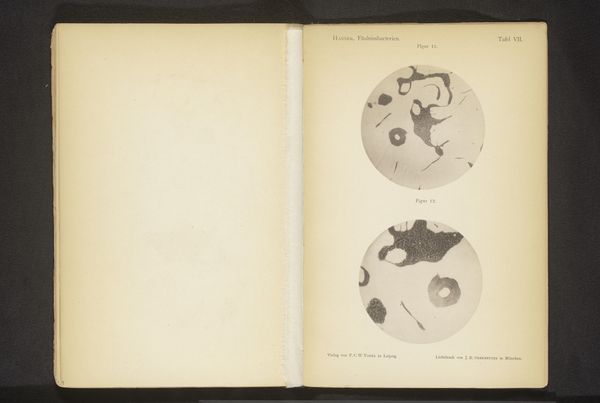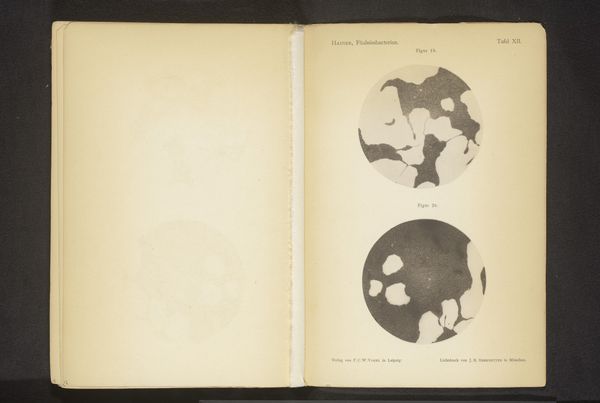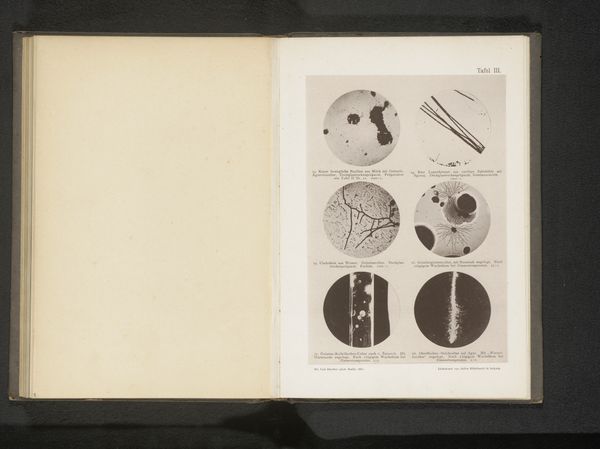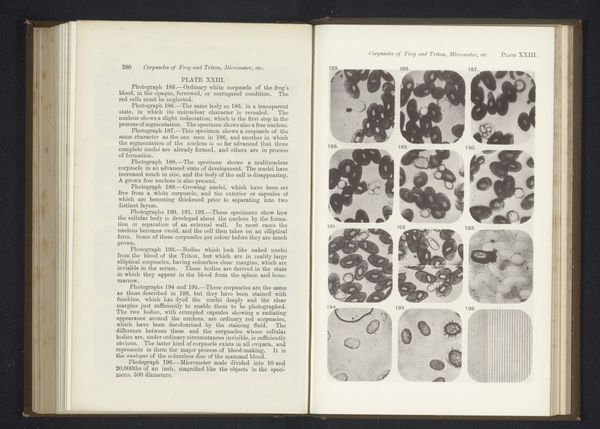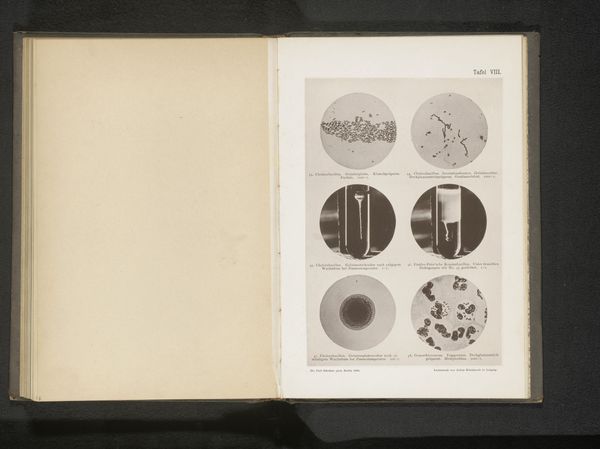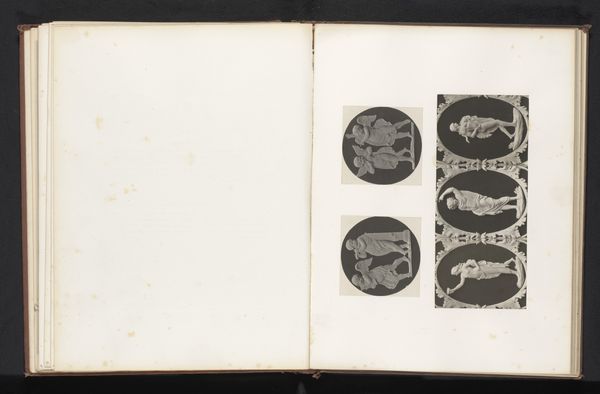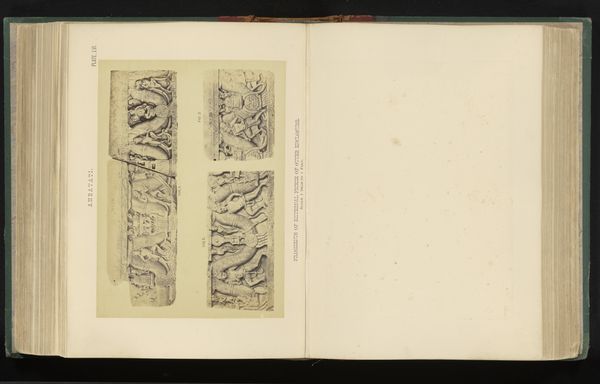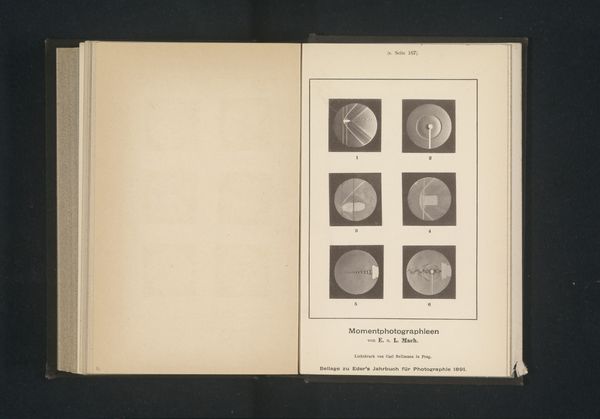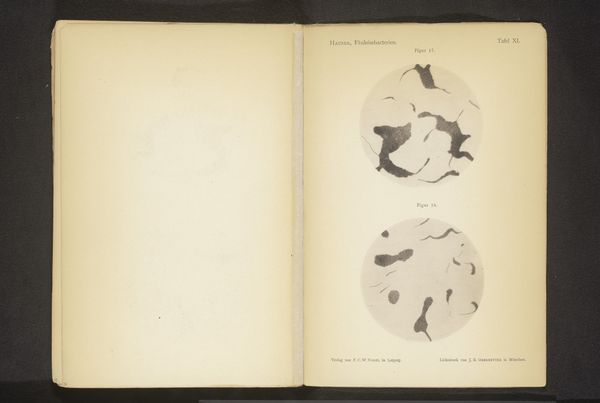
drawing, print
#
drawing
#
type repetition
#
script typography
#
hand-lettering
# print
#
hand drawn type
#
hand lettering
#
personal sketchbook
#
hand-drawn typeface
#
thick font
#
sketchbook drawing
#
academic-art
#
sketchbook art
Dimensions: height 362 mm, width 282 mm
Copyright: Rijks Museum: Open Domain
Adolf Schönemann made this anatomical illustration of the human ear with pen and ink sometime between the late 19th and early 20th century. On the left, we see twelve schematic diagrams, each a slightly different rendering of the inner ear. The ink is thin, almost watery, and the lines are delicate, like threads. The process is all about revealing the underlying structure of the ear, reducing it to its essential forms. On the right we find twelve contrasting shadowy forms. I’m struck by how the artist balances scientific accuracy with a kind of abstract beauty. There’s a tension between the precision of the diagrams and the more ambiguous, evocative quality of the black and white renderings. The artist seems to be saying that the ear is both a physical object and a mysterious, unknowable space. It calls to mind some of the anatomical drawings of Leonardo da Vinci, where science and art are inextricably linked. Ultimately, this work suggests that our understanding of the world is always partial, always mediated by our own senses and experiences.
Comments
No comments
Be the first to comment and join the conversation on the ultimate creative platform.
